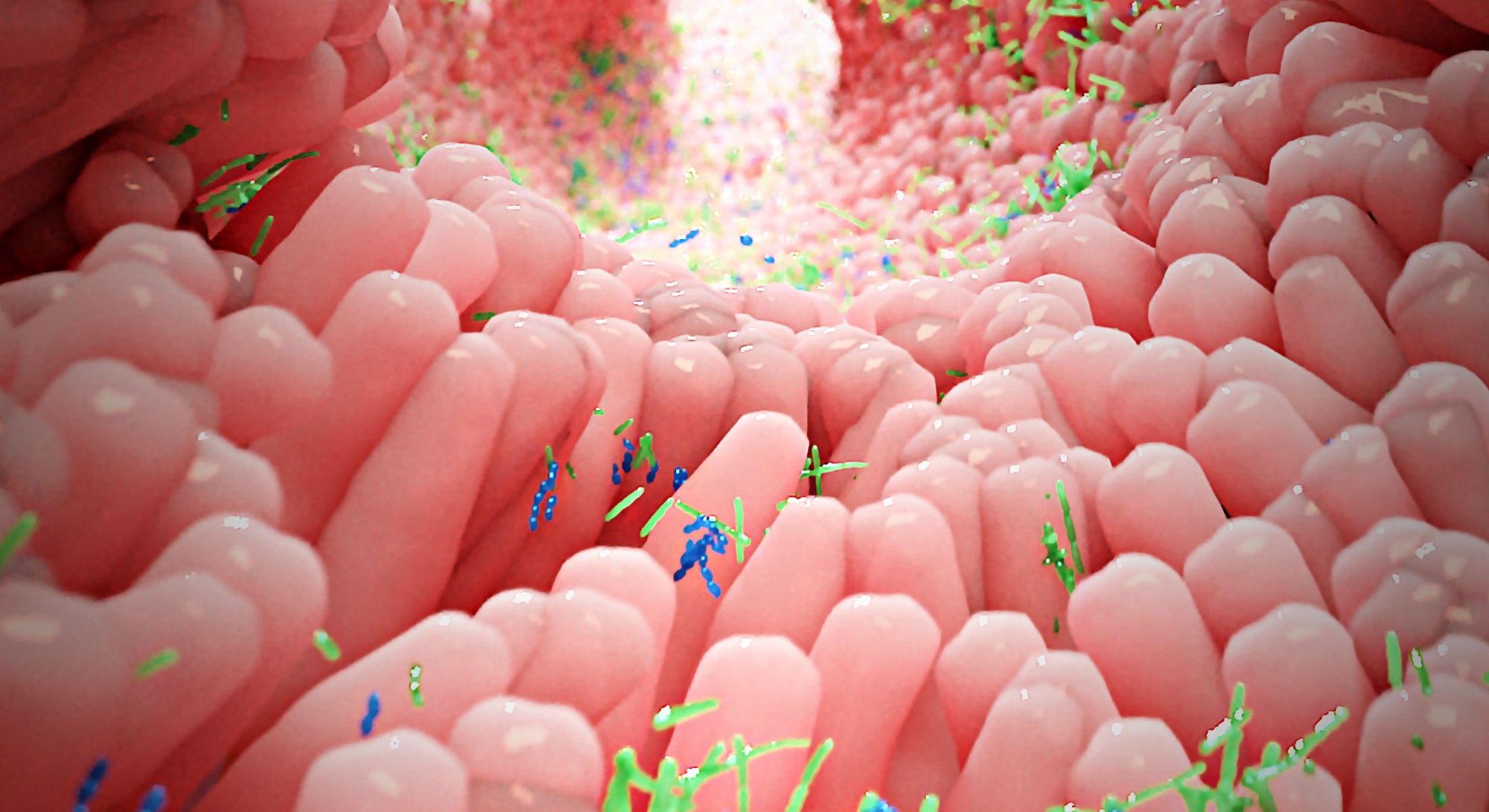The human intestine contains nearly 100 trillion bacteria that are important for health. These microorganisms have an important contribution to our metabolism by breaking down complex sugars that are part of our diet, and are also of critical importance for the proper development of the immune system. Recent studies have shown that these bacteria in the intestines called microbiota are also important for the function of our nervous system. Our brain affects our intestines and our intestines affect our brain. In summary, the communication between our two organs is critical.

The intestinal microbiota secretes some substances that send messages to the brain. Thus, the brain acts according to the messages it receives from the intestines. The brain tells the intestines how to regulate movements, how to protect themselves and what to and not to pass in. In all these processes, bacteria in the intestines play an important role.
Some substances secreted by our brain in stressful situations affect the bacteria in our stomach and intestines, thus causing nausea, diarrhoea and pain. A healthy intestinal microbiota can be effective in weight control by positively affecting the satiety mechanisms in the brain. It has been revealed that a diet rich in fibres (prebiotics) affects the levels of some hormones in the blood and creates a message of satiety in the brain. Again, some probiotic supplements have been observed to have antidepressant or relaxing effects, and therefore they have been even called psychobiotics.
Nowadays, how intestinal microbiota affects the brain functions and perception is studied. In fact, it has been suggested that some part of such effect of St. John's Wort, which is used in mild depression, is due to the fact that it destroys some harmful bacteria in the digestive system and regulates microbiota. A finding supporting these conditions is that anxiety and depression are more frequently observed in people with chronic digestive system problems.

In summary, our intestines do not only digest but also affect many functions from our immune system to our brain. In this case, it is of great importance that we take good care of our intestines. People need to have a bowel-friendly diet and, if necessary, take supplements for the regulation of microbiota.
References:
- Ajit Kumar Thakur, Anshul Shakya, Gulam Mohammed Husain, Mila Emerald and Vikas Kumar. Gut-Microbiota and Mental Health: Current and Future Perspectives. J Pharmacol Clin Toxicol. 2014; pp.1-15
- Jane A. Foster and Karen-Anne McVey Neufel. Gutbrain axis: how the microbiome influences anxiety and depression. Trends in Neuroscience. 2013; 36(5): 305-12
- Marilia Carabotti, Annunziata Scirocco, Maria Antonietta Maselli, Carola Severi. The gut-brain axis: interactions between enteric microbiota,central and enteric nervous systems. Annals of Gastroenterol 2015; 28: 1-7

